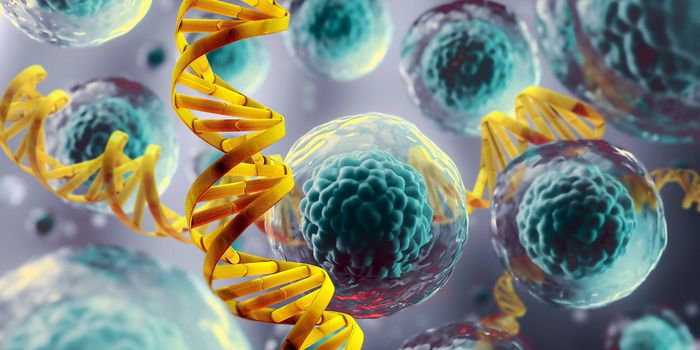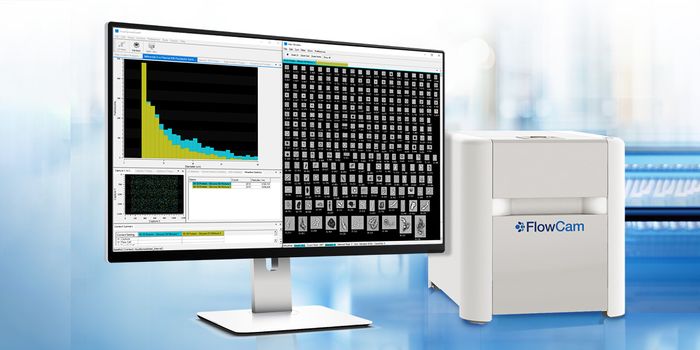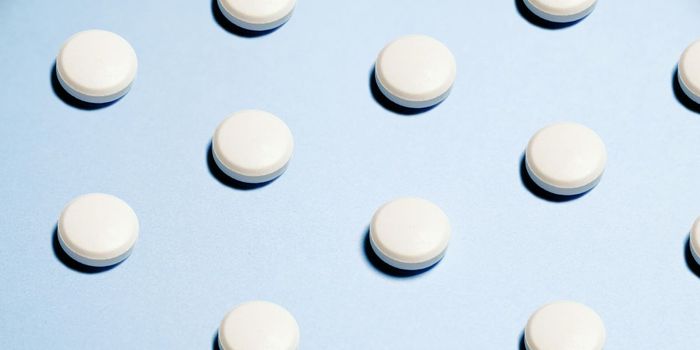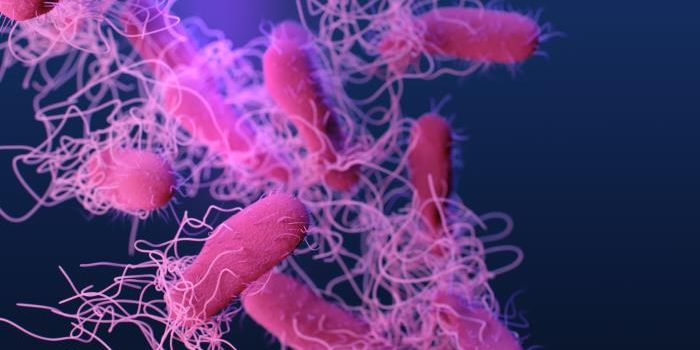New Antibiotic Shows Promise Against Treatment-Resistant Tuberculosis
A new class of antibiotics has shown promise in preclinical trials against drug-resistant tuberculosis. The corresponding study was published in PLOS Biology.
Each year, around 1.5 million people die from Mycobacterium tuberculosis infection. Although antibiotics exist to treat the bacteria, multi-drug resistant, extensively drug-resistant, and totally drug-resistant strains have developed, and pose a significant health risk.
For the current study, researchers screened a variety of plant extracts to find a new antibiotic capable of treating drug-resistant tuberculosis. They ultimately found deoxypergularinine (DPG), a compound purified from the root of Cynanchum atratum- a flowering plant used in traditional Chinese medicine- that exhibited promising antibacterial activity.
The researchers created multiple analogs of DPG and tested them for their ability to inhibit M. tuberculosis without harming infected cells. In doing so, they identified a class of derivatives with antitubercular effects and low toxicity.
They then tested these derivatives on mouse models. Four weeks of treatment with one derivative, known as PP1S, significantly reduced TB infection compared to a control group. The derivative also produced no clinical side effects in healthy rats after two weeks of high-dose treatment.
Alongside PP1S, the researchers tested a second derivative, PP2S, in mice and found that, likewise, it produced no clinical side effects in healthy rats after two weeks. It also produced no adverse effects after four weeks of intermediate-dose therapy.
They further noted that after a week of treatment with PP2S, mice underwent no significant changes in their gut microbiome, while other TB drugs produced multiple changes. This effect, says the researchers, is likely as PPS targets a gene called PE_PGRS57, which is found in few species of bacteria.
"While further testing will be required, the low effective dose and high level of safety in these early tests indicate that these new drugs are likely to be important alternatives to the current regimen for treatment of tuberculosis," said Ho-Yeon Song of Soonchunhyang University in the Republic of Korea, one of the study’s authors, "A new class of PP derivatives is a M. tuberculosis-targeted antimicrobial with microbiome-safe properties."
Sources: Science Daily, PLOS Biology









